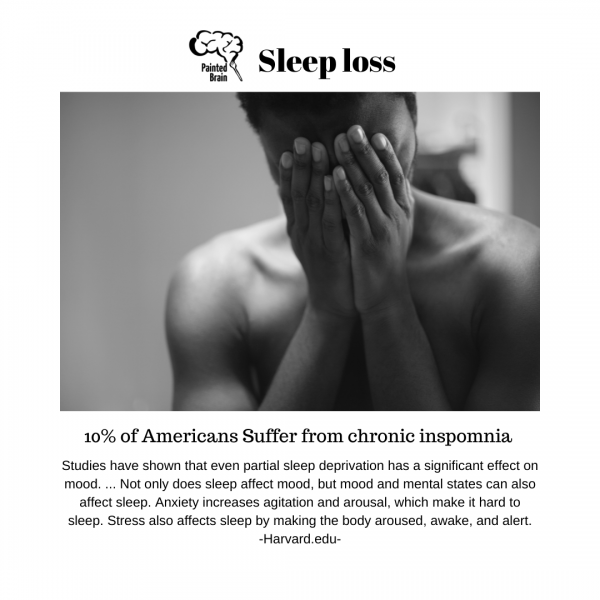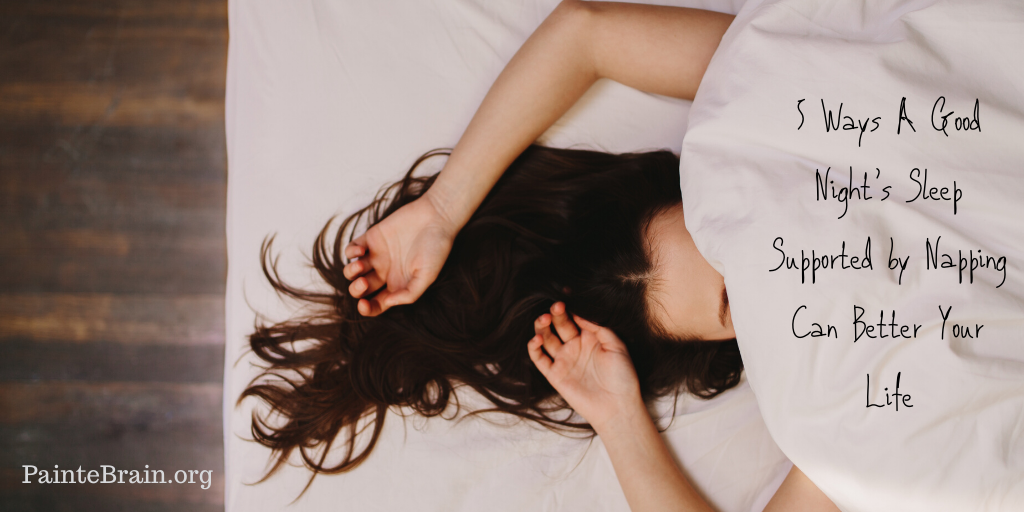There’s some stigma out there about napping. For example, naps are for small children, the sick, and older people. Outside of those groups, napping is considered for the lazy, those lacking ambition, or those with low standards.
True, napping too much can result in sleep inertia or the grogginess and disorientation associated with waking from a deep sleep. But that’s only if your naps last longer than 20 minutes or so.
Thus, taken in the right dosage, a daily nap can be just what the doctor ordered when it comes to renewing your energy and powering through the day.
Experts say you should keep your power naps between 10 and 20 minutes.
Here are five ways napping can improve your day.
1. Improve Alertness
Naps can be helpful in recharging your batteries mid-day. According to the National Sleep Foundation naps can restore alertness, enhance performance, and reduce mistakes and accidents. It’s fairly well known that driving while sleepy is extremely dangerous. Indeed, it can be just as fatal as drinking and driving.
However, taking a short nap before driving can improve your alertness and reduce the risk of an accident due to drowsy driving.
2. Reduce Stress

A daily nap can help lower tension and reduce stress, which can lower the risk of heart disease. Naps should be kept short in length and ideally be taken between 1 and 3 PM, after lunch when our blood sugar and energy start to dip.
So rather than heading to the breakroom for more coffee or junk food, why not try taking a short siesta instead?
[Related: How Anxiety Can Affect Your Physical Health]
3. Boost Your Mood
According to the Sleep Education website, sleep is essential for mental well-being. A good night’s sleep can help you feel well-rested and happy, reducing feelings of frustration, anxiety, and depression.
4. Improve Emotional Perception and Stamina
A thesis study by a doctoral student in Sweden claims that sleep deprivation can cause people to shun social interaction and be intuitively avoided by others.
Sleep deprivation alters our emotional perception and engagement in such a way that we become more negative and moody on less sleep. Since catching a few extra Zzzs by napping during the day can boost your mood it can also improve your emotional perception by making you less grumpy.
5. Improve Processes of Learning and Memory
According to Harvard Med (5), there are three major components to learning and memory.
- Acquisition is the obtaining of new information in the brain,
- Consolidation is the process by which memories become stable,
- Recall is the brain’s ability to access stored memories.
While acquisition and recall occur during waking hours, research suggests that consolidation happens during the sleep cycle.
In addition, acquisition and recall are aided by a good night’s sleep because it enhances your alertness and thus, your ability to both retain and recall information during wakefulness.
[Related: Sleep Inertia: Why Am I so Tired in the Morning?]
Napping can be a useful tool to recharge our batteries, make us more socially and emotionally attractive, and improve our ability to absorb and retain information.
Although napping has gotten a bad rap over the years with an association to laziness and under-motivation, short naps during the day combined with a good night’s sleep can greatly improve our day-to-day lives, physically, emotionally and cognitively.
[Related: Sleeping and Waking One Hour Earlier Cuts Risk of Depression: Study]

